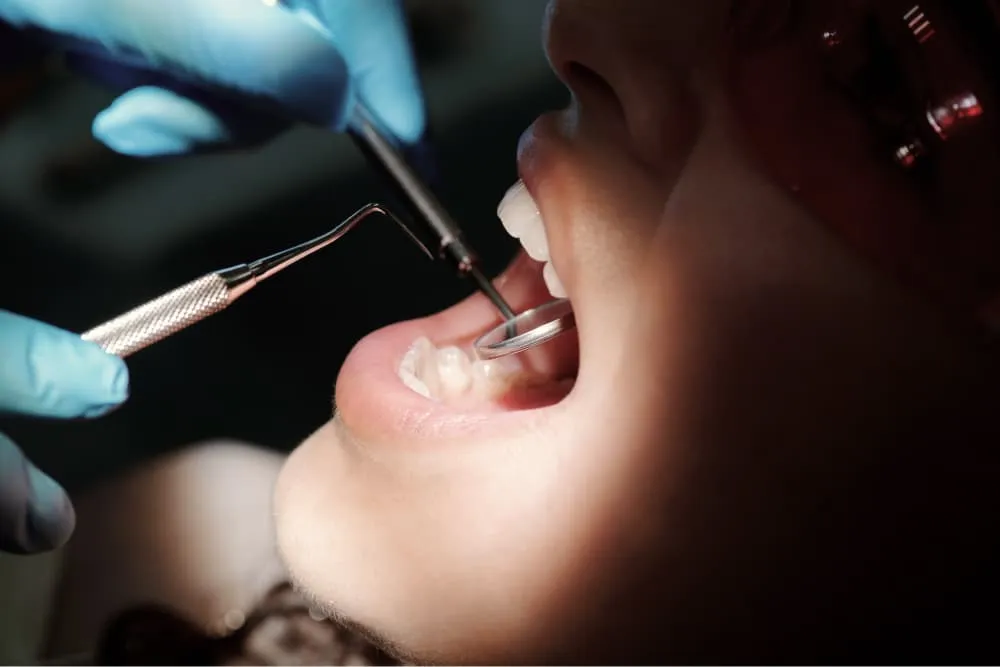How does bulimia affect your cardiovascular health?
Research finds bulimia nervosa is associated with short-term and long-term cardiovascular complications, particularly among women. Those conditions include heart disease, atherosclerosis, cardiac conduction defects, and other cardiac complications.1
- Heart disease refers to various heart conditions, most commonly coronary artery disease (CAD) and heart failure. CAD affects blood flow to the heart. Heart failure is when the heart is not pumping enough blood (low blood pressure) and oxygen to other organs.7 This can lead to sudden cardiac death or cardiac arrest.
- Atherosclerosis is the thickening or hardening of the arteries, usually because of plaque buildup. If left untreated, atherosclerosis may lead to heart attacks, stroke, or blood clots.6
- Cardiac conduction defects change the heart's rate and rhythm, such as increased heart rates, slowed heart rates, or heart palpitations. Along with the speed or pattern changes, a person may experience dizziness, shortness of breath, or chest pain.5
Get help for bulimia nervosa
Treating your eating disorder early can reduce the risk of heart attacks and other cardiovascular diseases. Learn more about Within's virtual bulimia treatment program and start your recovery journey where life happens.
Call us today | (866) 293-0041 Why does bulimia impact the heart?
Dehydration is one of the factors that can affect a person with bulimia's cardiovascular health. Purging episodes, whether through vomiting or laxative use, dehydrate the body, meaning there are not enough fluids to keep the body functioning correctly. When the body is dehydrated, it takes more work for the heart to pump blood, causing the heart rate to increase or become irregular. Dehydration can also increase the risk of high blood pressure, putting strain on the heart and increasing the risk of heart disease.2
Signs of dehydration include:3
- Fatigue
- Muscle weakness
- Dark urine
- Headaches
- Dizziness
- Rapid heartbeat
- Dry mouth
Restricting food and purging associated with bulimia depletes the body of vitamins and minerals, causing an electrolyte imbalance. One vital mineral that individuals with bulimia may not have enough of related to heart health is potassium.
Restricting food intake can lead to an increased risk of high blood pressure, heart disease, and stroke.
Potassium plays an essential role in preventing calcium buildup within the arteries. When too much calcium and other substances are in the arteries, they start to harden, increasing the risk of high blood pressure, heart disease, and stroke.4
Can your heart recover from bulimia?
Some of the effects bulimia has on the heart are treatable. For example, if someone is dehydrated or has an electrolyte imbalance, the individual can work with a registered dietitian or another medical professional to rehydrate and replenish the body. Doctors can also provide treatment to help with conditions such as high blood pressure through diet changes and medications. Unfortunately, bulimia can cause irreversible conditions, such as heart failure. Heart failure is a chronic condition that needs lifelong management.
{{link-bank-two-column}}
Even though the heart may not always fully recover from bulimia, it's never too late to seek treatment options to strengthen the heart and decrease the risk of further complications. It takes courage to start the healing process, but the key is finding trusted and compassionate experts for guidance. The Within Health team understands the complexity of bulimia and provides evidence-based treatments personalized to fit each individual.
Recovery is possible. Reach out to the team at Within Health to start healing from bulimia.





































